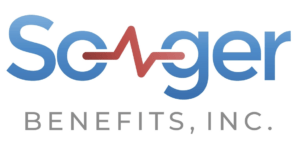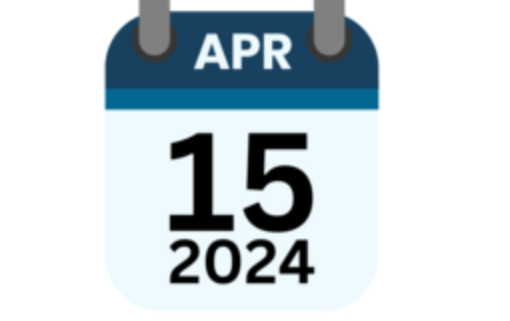Federal Tax Filing Deadline is on Monday, April 15
Why Reconciling Your Premium Tax Credit is Essential
If you’re one of the many who benefited from advance payments of the premium tax credit in 2023 to lower your monthly health insurance premium, it’s imperative to report these amounts accurately on your tax return. Failure to do so not only risks potential penalties but could also affect your eligibility for future subsidies. This process, known as ‘reconciliation’, ensures that the amount of premium assistance you received aligns with your actual income.
Filing Form 8962
Form 8962, the Premium Tax Credit (PTC) form, is at the heart of this reconciliation process. It calculates the correct amount of premium tax credit you’re eligible for based on your final income. If there’s a discrepancy between the advance payments received and your actual eligibility, you may either owe additional money or be entitled to a refund.
Received APTC?
You must file Form 8962. This will reconcile the amount paid in advance with the actual credit you’re eligible for. It’s a crucial step to ensure you’re in good standing and avoid any surprises.
No APTC received?
You still might want to file Form 8962. If you were enrolled in a Marketplace plan and didn’t benefit from advance payments, filing this form could reveal you’re eligible for a tax credit, potentially leading to a refund.
What if You’ve Already Filed Your Taxes?
If you’ve filed your 2023 taxes but didn’t reconcile your APTC, it’s not too late to rectify the situation. Filing an amended return with the correct information is imperative to ensure compliance and maintain your subsidy eligibility.
The Bottom Line
Navigating the complexities of health insurance and taxes can be daunting. However, understanding these requirements is crucial to leveraging the full benefits of the Marketplace coverage and ensuring you’re not leaving money on the table or facing unnecessary penalties. For more detailed guidance, the HealthCare.gov consumer tax guide is an invaluable resource, offering step-by-step instructions on navigating these processes.
Remember, staying informed and proactive in your tax filings can significantly impact your financial health and insurance benefits. As always, for personalized advice tailored to your specific situation, consulting with a tax professional or a qualified insurance advisor is recommended.
The deadline for all taxpayers to file their federal income taxes
(unless an extension or payment plan has been approved for the taxpayer) is April 15, 2024. As the tax filing deadline approaches, some of your clients may reach out with specific questions regarding their Marketplace coverage and how it affects their taxes. You should also remind your clients that they must file their taxes and “reconcile” their 2023 premium tax credits (PTC).
- If you received advance payments of the premium tax credit (APTC) for 2023, they’ll have to file Form 8962 as part of the reconciliation process.
- If you were enrolled in a qualified health plan without APTC for 2023, they can file Form 8962 to see if you qualify for PTC.
- You may need to file an amended return if they already filed their 2023 taxes and didn’t reconcile APTC.
For detailed information regarding 2023 health coverage and federal taxes, check out the HealthCare.gov consumer tax guide.



